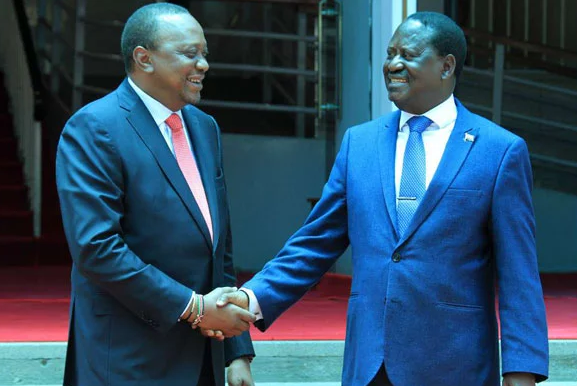×
The Standard e-Paper
Stay Informed, Even Offline

Although it seems like the other day, it is already a year since Kenya’s last polls in 2017. The passage of a year justifies a reflection on recent electoral experiences and some thoughts on what the future might hold.
The 2013 elections were important as these were the first under a new Constitution that promised higher standards of electoral probity than had previously been experienced, and also because of the freshness of the violence that followed the previous elections.